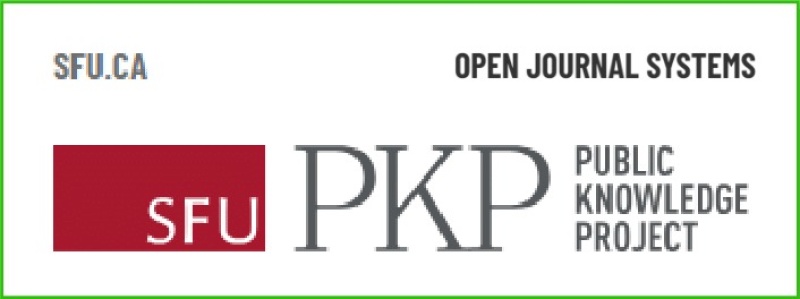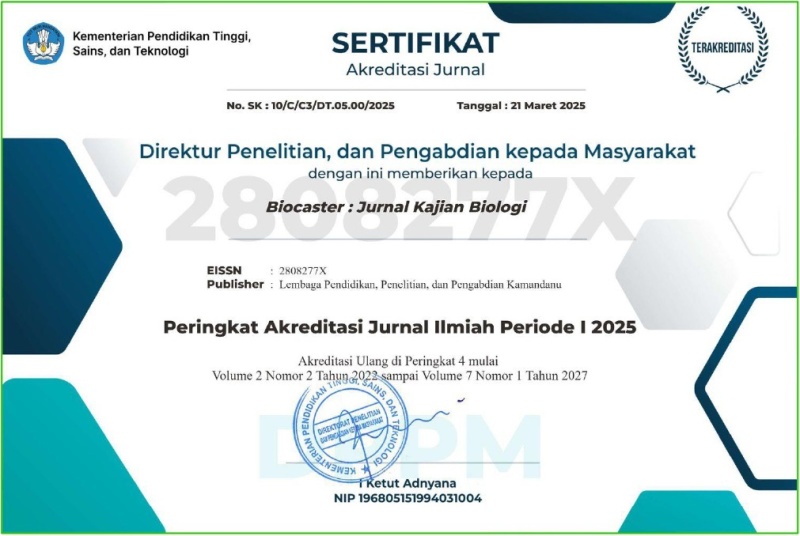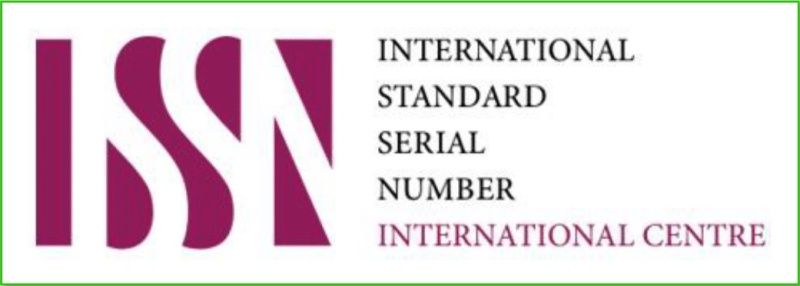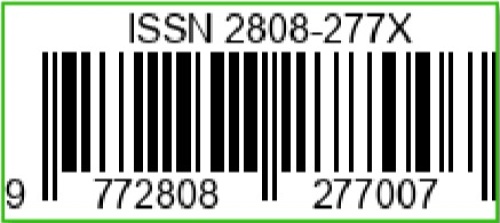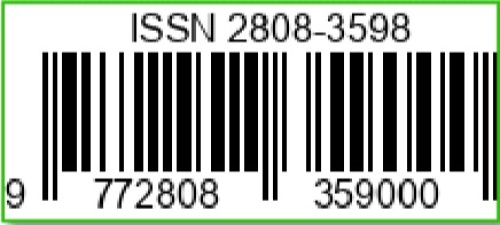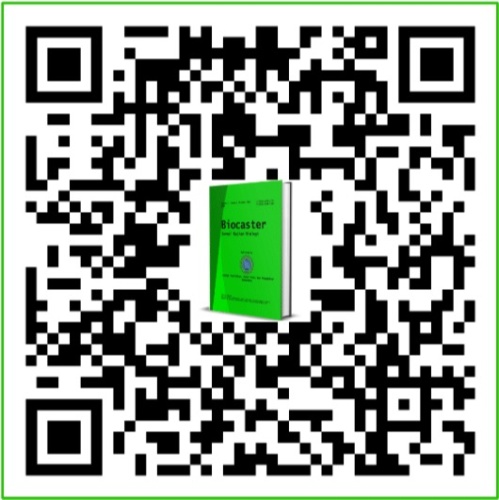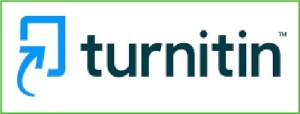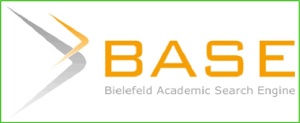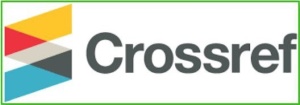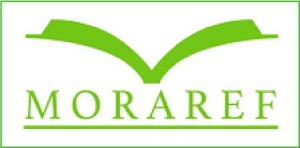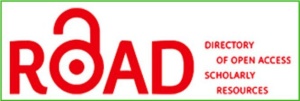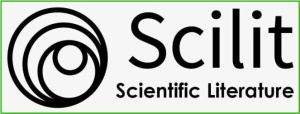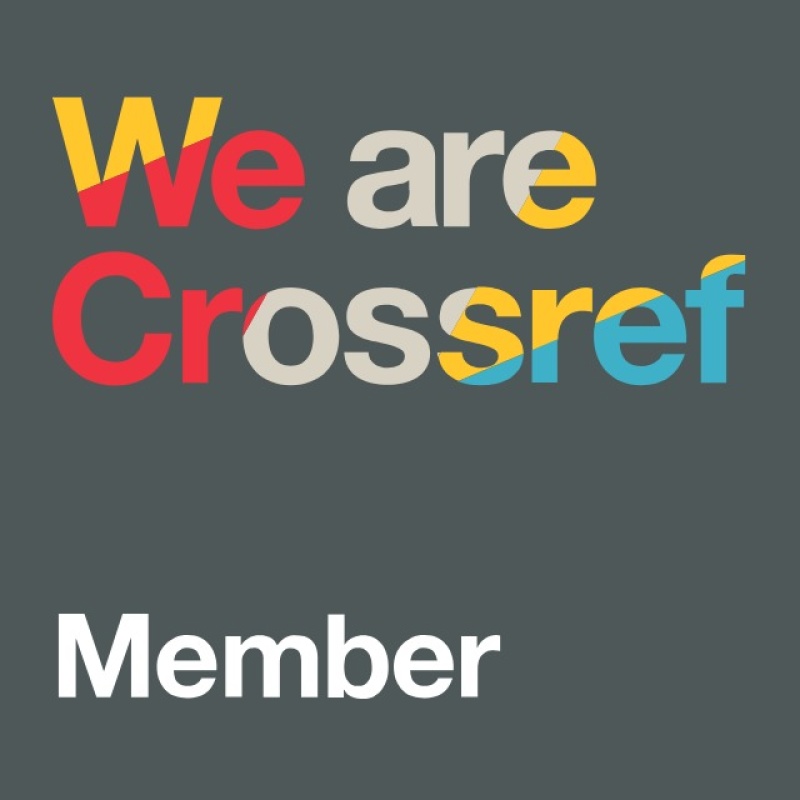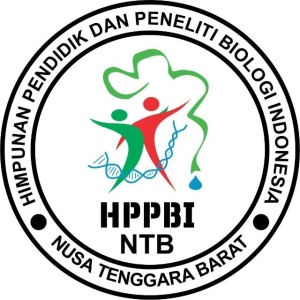Measuring the Level Scientific Argumentation Ability of Biology Prospective Teacher
DOI:
https://doi.org/10.36312/bjkb.v2i3.93Keywords:
Scientific Argumentation Ability, Biology Prospective Teacher.Abstract
This research is a descriptive study conducted at the Mandalika University of Education which aims to measure the level of scientific argumentation ability of biology prospective teacher at the Mandalika University of Education. A total of 20 respondents were involved in this study. The instrument used to measure the level of scientific argumentation ability is an open-ended question consist of 3 items. The data obtained were then analyzed descriptively. As a result and conclusion, that the level of scientific argumentation ability of biology prospective teacher is still low. Therefore, learning methods are needed that can help students to improve their scientific argumentation ability. There are several ways that can be taken to improve the scientific argumentation ability of biology prospective teacher. One of them is by using Socio-Scientific Issues (SSI). For further research using SSI, it must be done with good planning, preparing controversial themes or topics that will become a matter of debate during the learning process.
Downloads
References
Akbay, T., Akbay, L., & Başer Gülsoy, V. G. (2018). Causal Effect of Two Predominant Factors on Critical Thinking Disposition. Mehmet Akif Ersoy Üniversitesi Eğitim Fakültesi Dergisi, 15(45), 88-104. https://doi.org/10.21764/maeuefd.349581
Angeloudi, A., & Papageorgiou, G. (2022). Primary Students’ Argumentation Skills on Evaporation: A Teaching Intervention. Preschool & Primary Education, 10(1), 1-24.
Angeloudi, A., Papageorgiou, G., & Markos, A. (2018). Primary Students’ Argumentation on Factors Affecting Dissolving. Science Education International, 29(3), 127-136. https://doi.org/10.33828/sei.v29.i3.1
Basel, N., Harms, U., & Prechtl, H. (2013). Analysis of Students’ Arguments on Evolutionary Theory. Journal of Biological Education, 47(4), 192-199. https://doi.org/10.1080/00219266.2013.799078
Bulgren, J. A., Ellis, J. D., & Marquis, J. G. (2014). The Use and Effectiveness of an Argumentation and Evaluation Intervention in Science Classes. Journal of Science Education and Technology, 23(1), 82-97. https://doi.org/10.1007/s10956-013-9452-x
Crowell, A., & Kuhn, D. (2014). Developing Dialogic Argumentation Skills: A 3-Year Intervention Study. Journal of Cognition and Development, 15(2), 363-381. https://doi.org/10.1080/15248372.2012.725187
Dawson, V., & Venville, G. J. (2009). High‐School Students’ Informal Reasoning and Argumentation About Biotechnology: An Indicator of Scientific Literacy? International Journal of Science Education, 31(11), 1421-1445. https://doi.org/10.1080/09500690801992870
Demirbağ, M. (2021). Modeling the Relations Among Argumentativeness, Epistemological Beliefs and Self-Regulation Skills. International Journal of Progressive Education, 17(4), 327-340. https://doi.org/10.29329/ijpe.2021.366.20
Duschl, R. A., & Osborne, J. (2002). Supporting and Promoting Argumentation Discourse in Science Education. Studies in Science Education, 38(1), 39-72. https://doi.org/10.1080/03057260208560187
Faize, F. A., Husain, W., & Nisar, F. (2017). A Critical Review of Scientific Argumentation in Science Education. EURASIA Journal of Mathematics, Science and Technology Education, 14(1), 475-483. https://doi.org/10.12973/ejmste/80353
Foong, C. -C., & Daniel, E. G. S. (2013). Students’ Argumentation Skills Across Two Socio-Scientific Issues in a Confucian Classroom: Is Transfer Possible? International Journal of Science Education, 35(14), 2331-2355. https://doi.org/10.1080/09500693.2012.697209
Greene, J. A. (2016). Handbook of Epistemic Cognition. London: Routledge.
Gronostay, D. (2016). Argument, Counterargument, and Integration? Patterns of Argument Reappraisal in Controversial Classroom Discussions. JSSE - Journal of Social Science Education, 1(8), 42-56. https://doi.org/10.4119/UNIBI/JSSE-V15-I2-1482
Grooms, J., Enderle, P., & Sampson, V. (2015). Coordinating Scientific Argumentation and the Next Generation Science Standards Through Argument Driven Inquiry. Summer, 24(1), 45-50.
Hofer, B. K. (2004). Exploring the Dimensions of Personal Epistemology in Differing Classroom Contexts: Student Interpretations During the First Year of College. Contemporary Educational Psychology, 29(2), 129-163. https://doi.org/10.1016/j.cedpsych.2004.01.002
Homburger, S. A., Drits-Esser, D., Malone, M., & Stark, L. A. (2021). Building Argumentation Skills in the Biology Classroom. The American Biology Teacher, 83(2), 104-111. https://doi.org/10.1525/abt.2021.83.2.104
Hong, L. Y., & Talib, C. A. (2018). Scientific Argumentation in Chemistry Education: Implications and Suggestions. Asian Social Science, 14(11), 1-16. https://doi.org/10.5539/ass.v14n11p16
Iordanou, K. (2010). Developing Argument Skills Across Scientific and Social Domains. Journal of Cognition and Development, 11(3), 293-327. https://doi.org/10.1080/15248372.2010.485335
Iordanou, K., & Rapanta, C. (2021). “Argue with Me”: A Method for Developing Argument Skills. Frontiers in Psychology, 12(631203), 1-14. https://doi.org/10.3389/fpsyg.2021.631203
Kaewpet, C. (2018). Quality of Argumentation Models. Theory and Practice in Language Studies, 8(9), 1105-1113. https://doi.org/10.17507/tpls.0809.01
Kelly, G. J., & Takao, A. (2002). Epistemic Levels in Argument: An Analysis of University Oceanography Students’ Use of Evidence in Writing. Science Education, 86(3), 314-342. https://doi.org/10.1002/sce.10024
Khishfe, R. (2012). Relationship Between Nature of Science Understandings and Argumentation Skills: A Role for Counterargument and Contextual Factors. Journal of Research in Science Teaching, 49(4), 489-514. https://doi.org/10.1002/tea.21012
Kim, M., & Roth, W. -M. (2019). Dialogical Argumentation and Reasoning in Elementary Science Classrooms. London: Routledge.
Larson, A. A., Britt, M. A., & Kurby, C. A. (2009). Improving Students’ Evaluation of Informal Arguments. The Journal of Experimental Education, 77(4), 339-366. https://doi.org/10.3200/JEXE.77.4.339-366
Magalhães, A. L. (2020). Teaching How to Develop an Argument Using the Toulmin Model. International Journal of Multidisciplinary and Current Educational Research (IJMCER), 2(3), 1-7.
Majeed, S., & Kirmani, N. S. (2021). Effect of Argumentative Discourse Based Intervention on Argumentation Ability: A Study of Demographic Factors. Global Language Review, VI(I), 114-124. https://doi.org/10.31703/glr.2021(VI-I).13
Marttunen, M. (1994). Assessing Argumentation Skills Among Finnish University Students. Learning and Instruction, 4(2), 175-191. https://doi.org/10.1016/0959-4752(94)90010-8
Mason, L., & Scirica, F. (2006). Prediction of Students’ Argumentation Skills About Controversial Topics by Epistemological Understanding. Learning and Instruction, 16(5), 492-509. https://doi.org/10.1016/j.learninstruc.2006.09.007
Meral, E., Sahin, I. F., & Akbas, Y. (2021). The Effects of Argumentation-Based Teaching Approach on Students’ Critical Thinking Disposition and Argumentation Skills: “Population in Our Country Unit”. International Journal of Psychology and Educational Studies, 8(1), 51-74. https://doi.org/10.17220/ijpes.2021.8.1.195
Moore, B. N., & Parker, R. (2015). Critical Thinking (Eleventh Edition). New York City: McGraw-Hill Companies, Inc.
Nam, Y., & Chen, Y. -C. (2017). Promoting Argumentative Practice in Socio-Scientific Issues Through a Science Inquiry Activity. EURASIA Journal of Mathematics, Science and Technology Education, 13(7), 3431-3461. https://doi.org/10.12973/eurasia.2017.00737a
Nussbaum, E. M., Sinatra, G. M., & Poliquin, A. (2008). Role of Epistemic Beliefs and Scientific Argumentation in Science Learning. International Journal of Science Education, 30(15), 1977-1999. https://doi.org/10.1080/09500690701545919
Okumus, S., & Unal, S. (2012). The Effects of Argumentation Model on Students’ Achievement and Argumentation Skills in Science. Procedia - Social and Behavioral Sciences, 46, 457-461. https://doi.org/10.1016/j.sbspro.2012.05.141
Osborne, J., Erduran, S., & Simon, S. (2004). Enhancing the Quality of Argumentation in School Science. Journal of Research in Science Teaching, 41(10), 994-1020. https://doi.org/10.1002/tea.20035
Qin, J., & Karabacak, E. (2010). The Analysis of Toulmin Elements in Chinese EFL University Argumentative Writing. System, 38(3), 444-456. https://doi.org/10.1016/j.system.2010.06.012
Saad, M. I. M., Baharom, S., Eshah, S., & Setambah, M. A. B. (2017). Factors Affecting Reasoning Skills on Socio Scientific Issues (SSI). International Journal of Academic Research in Business and Social Sciences, 7(2), 646-652.
Songsil, W., Pongsophon, P., Boonsoong, B., & Clarke, A. (2019). Developing Scientific Argumentation Strategies Using Revised Argument-Driven Inquiry (rADI) in Science Classrooms in Thailand. Asia-Pacific Science Education, 5(7), 1-22. https://doi.org/10.1186/s41029-019-0035-x
Telenius, M., Yli-Panula, E., Vesterinen, V. -M., & Vauras, M. (2020). Argumentation Within Upper Secondary School Student Groups During Virtual Science Learning: Quality and Quantity of Spoken Argumentation. Education Sciences, 10(12), 1-19. https://doi.org/10.3390/educsci10120393
Walková, M., & Bradford, J. (2022). Constructing an Argument in Academic Writing Across Disciplines. ESP Today, 10(1), 22-42. https://doi.org/10.18485/esptoday.2022.10.1.2
Yahia, M., & Afifi, M. (2017). Impact of (QCEJ) Strategy on Developing the Skills of Constructing Scientific Arguments Among Middle School Students: The Role of Familiarity with Science Content Knowledge. International Journal of Educational Science and Research, 7(3), 45-60. https://doi.org/10.24247/ijesrjun20177

Downloads
Published
How to Cite
Issue
Section
License
Copyright (c) 2022 Laras Firdaus & Ida Royani

This work is licensed under a Creative Commons Attribution-ShareAlike 4.0 International License.
-
Attribution — You must give appropriate credit, provide a link to the license, and indicate if changes were made. You may do so in any reasonable manner, but not in any way that suggests the licensor endorses you or your use.
-
ShareAlike — If you remix, transform, or build upon the material, you must distribute your contributions under the same license as the original.

